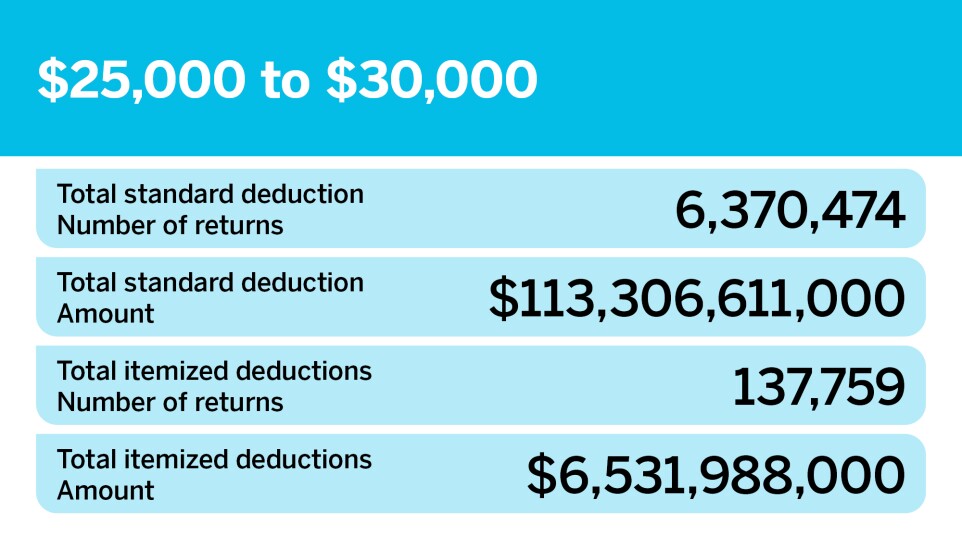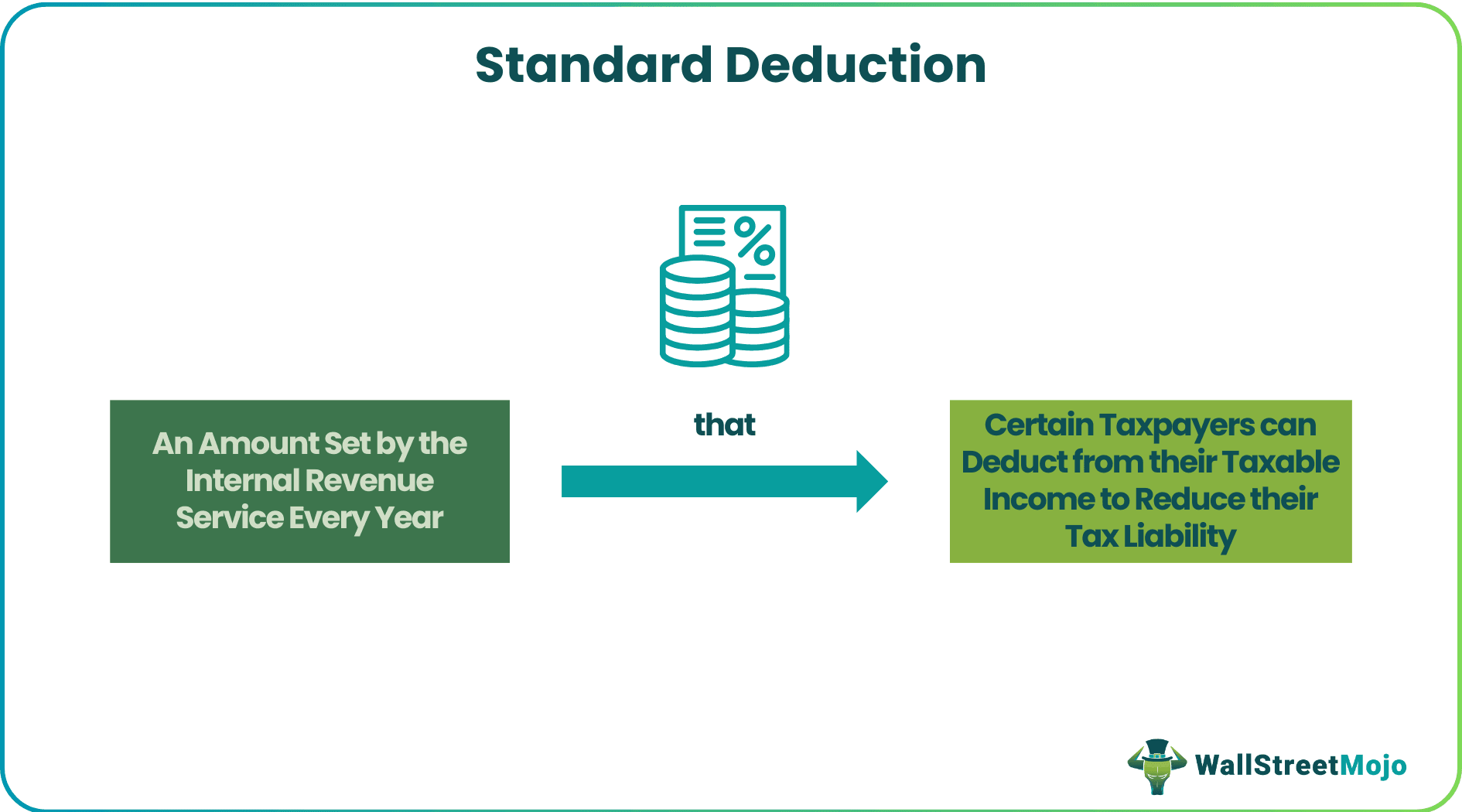The Foreign Earned Revenue Exemption Explained: An Overview to Enhancing Your Common Reduction
The Foreign Earned Revenue Exclusion (FEIE) is an important tax provision for U.S. people and resident aliens living abroad. It enables eligible expatriates to leave out a considerable portion of their foreign-earned earnings from government taxes. Understanding the nuances of FEIE can bring about substantial tax savings. Several people overlook crucial information that might impact their eligibility and benefits. Exploring these facets might reveal chances for enhanced tax end results.
Comprehending the Foreign Earned Earnings Exclusion
Many expatriates look for possibilities abroad, recognizing the Foreign Earned Revenue Exclusion (FEIE) is essential for handling their tax obligations. This provision permits U.S. people and resident aliens living overseas to omit a specific amount of their gained income from federal tax. The FEIE was developed to reduce the tax obligation problem on individuals who stay outside the United States, recognizing the special financial challenges they might encounter.

Eligibility Needs for FEIE

Exactly how to Declare the FEIE
To efficiently declare the Foreign Earned Revenue Exemption (FEIE), taxpayers need to first confirm their qualification based on details standards - FEIE Standard Deduction. The process includes several steps, including filing the ideal types and supplying essential documents. Understanding these procedures and demands is crucial for optimizing tax obligation benefits while living abroad
Qualification Demands
Eligibility for the Foreign Earned Earnings Exclusion (FEIE) rests on meeting particular requirements established by the internal revenue service. To qualify, individuals have to be U.S. people or resident aliens that gain earnings while working abroad. They need to establish an international tax obligation home, which indicates their main workplace is outside the USA. Furthermore, applicants must satisfy either the Bona Fide Residence Test or the Physical Presence Test. The Bona Fide Home Examination requires that a taxpayer stays in a foreign nation for a whole tax year, while the Physical Existence Examination demands investing a minimum of 330 complete days in an international country throughout a 12-month duration. Fulfilling these requirements is essential for declaring the FEIE.
Filing Refine Actions
Exactly how can one efficiently navigate the procedure of declaring the Foreign Earned Revenue Exemption (FEIE)? First, people have to establish their qualification based upon the physical presence examination or the authentic home test. As soon as verified, they need to complete internal revenue service Form 2555, which information international income and residency. This kind needs to be connected to their annual tax return, commonly Kind 1040. It is vital to properly report all international gained revenue and guarantee compliance with the IRS guidelines. Furthermore, taxpayers must maintain appropriate paperwork, such as foreign income tax return and proof of residency. By adhering to these actions, people can effectively assert the FEIE and possibly lower their taxed revenue significantly, improving their overall economic placement.
Computing Your Foreign Earned Income Exemption
While numerous expatriates seek to maximize their financial advantages abroad, understanding the estimation of the Foreign Earned Income Exclusion is vital for precise tax reporting. The Foreign Earned Income Exemption permits certifying people to exclude a specific quantity of their international incomes from U.S. tax, which is readjusted every year for rising look at this web-site cost of living. To calculate this exclusion, expatriates should identify their total foreign earned revenue, which generally includes salaries, incomes, and expert costs earned while staying in a foreign nation.
Next, they must finish IRS Type 2555, supplying details regarding their foreign residency and job status. FEIE Standard Deduction. It's essential to fulfill either the bona fide residence examination or the physical presence examination to get the exclusion. my link When these aspects are established, the optimum permitted exclusion quantity is used, reducing the person's gross income substantially. Precise computations can lead to substantial tax financial savings for expatriates living and functioning abroad
The Effect of FEIE on Various Other Tax Obligation Benefits
The Foreign Earned Earnings Exclusion (FEIE) can affect an individual's qualification for certain tax obligation advantages, consisting of the basic deduction. By omitting foreign gained revenue, taxpayers might find their adjusted gross revenue influenced, which consequently can affect their credentials for various tax obligation credit ratings. Comprehending these interactions is essential for enhancing tax results while living abroad.
Communication With Standard Reduction
When individuals certify for the Foreign Earned Revenue Exemption (FEIE), their qualification for the common deduction might be affected, possibly modifying their total tax obligation. The FEIE allows taxpayers to leave out a particular quantity of gained income from united state taxes, which can result in a lowered gross income. Consequently, if the excluded revenue exceeds the typical reduction, it can lessen the advantage of claiming that reduction. Furthermore, taxpayers who utilize the FEIE might discover that their capability to itemize reductions is likewise affected, as specific expenses may be impacted by the exemption. Comprehending this interaction is essential for migrants to maximize their tax obligation advantages while making sure conformity with U.S. tax obligation legislations
Eligibility for Tax Obligation Credit Ratings
Guiding with the complexities of tax credits can be testing for migrants, particularly since the Foreign Earned Earnings Exemption (FEIE) can considerably impact qualification for these benefits. The FEIE permits eligible individuals to leave out a significant section of their foreign incomes from united state taxes, however this exemption can also impact accessibility to various tax obligation credit ratings. For circumstances, taxpayers that utilize the FEIE may discover themselves disqualified for credit scores like the Earned Income Tax Obligation Debt (EITC), as these debts normally call for taxable earnings. Furthermore, the exemption might limit the ability to declare specific reductions or debts related to dependents. Understanding the interplay between the FEIE and offered tax credit reports is necessary for migrants aiming to optimize their tax obligation circumstance.

Typical Blunders to Avoid When Asserting FEIE
Commonly, expatriates experience numerous pitfalls while declaring the Foreign Earned Revenue Exclusion (FEIE), which can cause pricey errors or missed possibilities. One constant mistake is stopping working to meet the physical existence or authentic house test, which is vital for qualification. Additionally, expatriates commonly forget the need to file Type 2555 properly, causing insufficient or incorrect entries.
An additional common error includes inaccurately calculating foreign made earnings, as several do not account for all relevant earnings resources. Some expatriates erroneously think they can exclude all their income, uninformed of the limitations on the exclusion amount. Ignoring to preserve appropriate paperwork, such as travel dates and residency status, can jeopardize a case. Finally, misunderstanding the implications of the FEIE on various other tax obligation credit reports might cause unintentional tax obligations. Understanding of these mistakes can facilitate a smoother asserting procedure and make best use of prospective benefits.
Resources for Expats Navigating U.S. Tax Obligations
Navigating U.S. tax obligation commitments can be challenging for expatriates, specifically after coming across risks in declaring the Foreign Earned Income Exemption (FEIE) To assist navigate these complexities, a range of resources are readily available. The internal revenue service internet site offers extensive details on tax forms, guidelines, and faqs particularly tailored for expatriates. Furthermore, organizations like the American Citizens web link Abroad (ACA) and the Expat Tax obligation Professionals offer advice and support to ensure conformity with tax laws.
Online online forums and areas, such as the Expat Online forum, permit expatriates to share experiences and insights, cultivating a supportive atmosphere for those encountering similar difficulties. In addition, tax preparation software program, like copyright and H&R Block, typically consists of attributes made for expats, making the filing process a lot more straightforward. Engaging with these resources can empower expatriates to better recognize their tax obligation commitments and optimize advantages like the FEIE.
Frequently Asked Questions
Can I Claim FEIE if I'M Self-Employed Abroad?
Yes, self-employed people abroad can assert the Foreign Earned Earnings Exemption (FEIE) To certify, they have to fulfill details needs pertaining to residency and revenue, guaranteeing they stick to internal revenue service standards for migrants.

Is the FEIE Applicable to Foreign Pensions?
The Foreign Earned Revenue Exemption (FEIE) is not suitable to foreign pensions. Pension plans are thought about unearned revenue and do not receive the exemption, which particularly puts on gained revenue from employment or self-employment abroad.
What Happens if I Go Back To the United State Mid-Year?
If a private returns to the U.S. mid-year, they might need to adjust their tax obligation scenario. Their qualification for certain reductions and exclusions, including the Foreign Earned Earnings Exclusion, can be impacted by their residency status.
Can FEIE Be Reported With Various Other Deductions?
Yes, the Foreign Earned Revenue Exclusion (FEIE) can be claimed together with other reductions. However, treatment should be required to ensure appropriate compliance with tax obligation policies, as particular restrictions might apply based upon individual situations.
Exactly How Does FEIE Impact State Tax Obligation Responsibilities?
The Foreign Earned Revenue Exclusion can lower a taxpayer's federal earnings tax obligation liability, yet it does not automatically impact state tax commitments, which vary by state and may still call for reporting of foreign earnings.
Many expatriates look for opportunities abroad, comprehending the Foreign Earned Revenue Exemption (FEIE) is important for managing their tax obligation commitments. By excluding foreign made revenue, taxpayers might find their adjusted gross earnings impacted, which in turn can influence their qualification for various tax credits. Steering through the complexities of tax obligation credits can be testing for expatriates, especially because the Foreign Earned Earnings Exemption (FEIE) can considerably influence qualification for these advantages. Taxpayers that make use of the FEIE might find themselves ineligible for credit scores like the Earned Revenue Tax Obligation Credit Score (EITC), as these credits usually need taxable income. Maneuvering U.S. tax commitments can be testing for expatriates, particularly after experiencing risks in declaring the Foreign Earned Earnings Exclusion (FEIE)